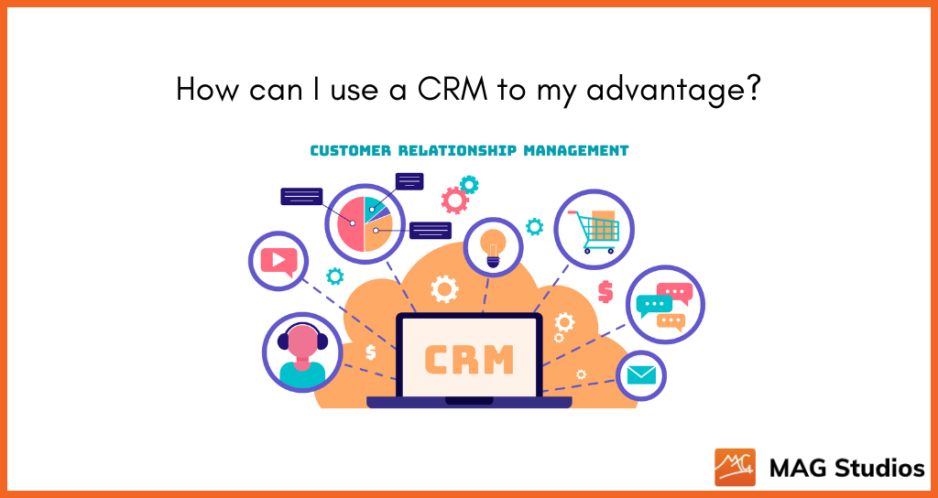Customer Relationship Management (CRM) software has become an indispensable tool for the web of businesses. The benefits of CRM software have stuck out to any business, from accumulating contacts to automating primary tasks. It can easily be an organized, and centralized Centre that correlates consistent communication both with customers and within the organization. This has become especially significant with more skewed shift to remote work.
The CRM software market reckoned a growth of 14.27% from 2020 to 2027, guided by consumer demand for improved customer service, automated engagement and more utilized customer experiences.
What is CRM software?
CRM stands for “customer relationship management,” a type of software that helps regulate businesses manage, trace and organize the integrated relationships with customers. A CRM speeds up the process of accumulating customer data such as user behavior, purchase records, the customer’s relationship with your business, and notes on sales interactions. The long-ended durability optimizes your sales-cum-marketing processes and refines customer service within your organization.
1. Improved customer service
Modern CRM software puts its hands on many functionalities, but the software was primarily designed to revamp customer-business relationships. A CRM functions through the list of contacts and assembles important customer information – like purchase records, demographics and past messages across all channels – and makes the segregation of information accessible to anyone in the company.
2. Increase in sales
A CRM tool can help you line your sales process in order, create a sales pipeline, automate primary tasks and decode all the sales data in one unified place, potentially triggering up sales and productivity. A CRM establishes a guided sales process that assures the employees of its reliability every time and that you can easily twitch as questions come up,
3. Customer retention
Once you’ve obtained and permitted leads, the tweak is to put in the necessary work to retain them as customers and encourage customer loyalty. High rates of customer turnover can have many adverse effects on your business, like broken cash flows, or lessened revenue
4. A Detailed chain of analytics
You may have a wholesome and strong customer database, but you need to decipher what it means and how to use it. CRM software typically has a built-in analytic capability to contextualize data, fractionalizing into actionable items and easily understood metrics. Metrics such as bounce rates, click-through rates, and demographic information help you in judging the sell-out of a marketing campaign.
5. Higher efficiency and productivity
Market automation technology is used in CRM software, which expedites meagre tasks like drip campaigns and frees up time and space to concentrate on work only handled by humans, e.g., creating content. The system also ensures that no errands slip through the cracks.
6. Concentrated information database
CRM software excels in providing a concentrated database with all details on your customers. This makes it convenient for a sales representative to notice which products interest a certain customer, for example. If the customer has already had interaction with the company, the CRM will comprehend records of that interaction, which future marketing efforts and sales can pitch. This retrieves your employees the agony of struggling through old files and records.
7. Structured communications with prospective customers
Lead nurturing can be an arduous and intricate process, with many strides and opportunities of connections. A CRM automatically masters the process, sending the employees notifications when they should ring the prospect while tracking every communication, from phone calls to emails.
Data organized by a CRM platform results in a better understanding of customers. With greater outreach, automation makes way. Of all the benefits of CRM software, using technology and data to fuel a more efficient company is one to be indulged.

